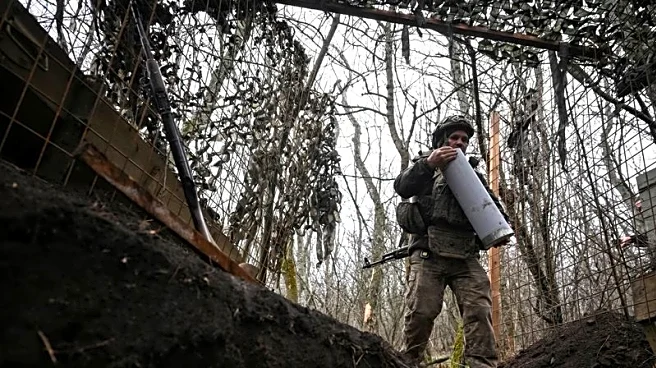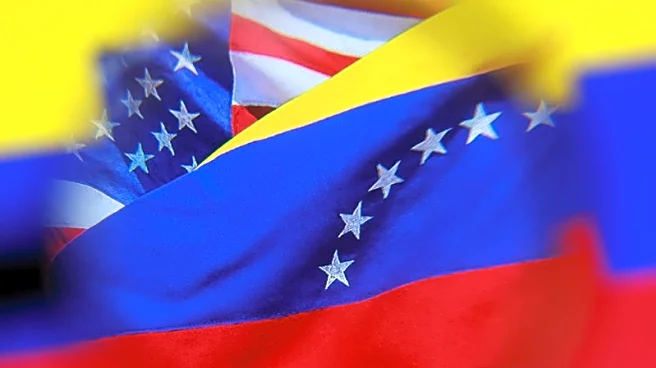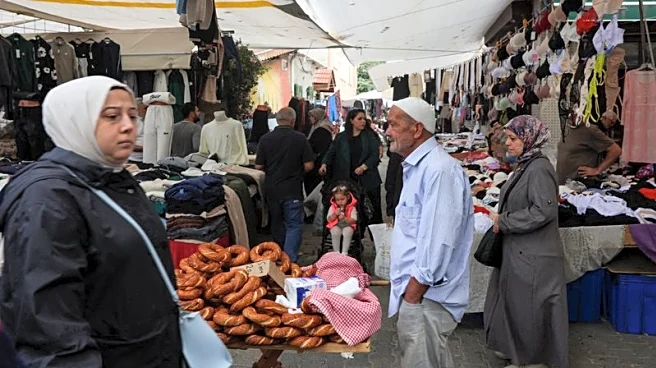Rapid Read • 8 min read
Syrian government officials and leaders of the Druze religious minority have announced a renewed ceasefire following days of intense clashes in the southern city of Sweida. These clashes have threatened Syria's postwar political transition and prompted military intervention by Israel. The ceasefire was announced by Syria's Interior Ministry and a Druze religious leader, although its stability remains uncertain as previous attempts have quickly collapsed. Israeli airstrikes continue in Damascus, aimed at defending the Druze and pushing Islamic militants away from Israel's border. The violence began with kidnappings and attacks between Sunni Bedouin tribes and Druze armed factions, escalating into clashes with government forces. Interim President Ahmad al-Sharaa has called for unity and denounced Israel's actions, emphasizing the protection of Druze rights and freedoms.
AD
The renewed ceasefire is crucial for stabilizing Syria's fragile political landscape following the ousting of Bashar Assad. The involvement of Israel adds complexity, as it seeks to prevent Islamist militants from approaching its borders. The Druze community, significant in both Syria and Israel, faces threats to its safety and autonomy. The conflict risks further sectarian violence, which could destabilize the region and impact international relations. The U.S. has expressed concern over the violence, highlighting the potential for broader geopolitical implications. The situation underscores the delicate balance of power in the Middle East and the challenges of post-conflict governance in Syria.
The UN Security Council is expected to convene to address the Syrian conflict, potentially influencing international diplomatic efforts. Israel has threatened further military escalation if Syrian forces do not withdraw from Sweida. The Druze community continues to seek protection and stability amid ongoing violence. The Syrian government may need to negotiate with local factions and Druze leaders to maintain peace and prevent further conflict. International stakeholders, including the U.S., may increase diplomatic pressure to ensure a lasting resolution.
The conflict highlights the complex ethnic and religious dynamics in Syria, with the Druze community caught between government forces and external threats. The situation raises ethical concerns about civilian safety and the use of military force. Long-term implications include potential shifts in regional alliances and the role of minority groups in Syria's political future. The involvement of Israel and the U.S. reflects broader geopolitical interests in the Middle East, with potential impacts on international policy and security strategies.
AD
More Stories You Might Enjoy












